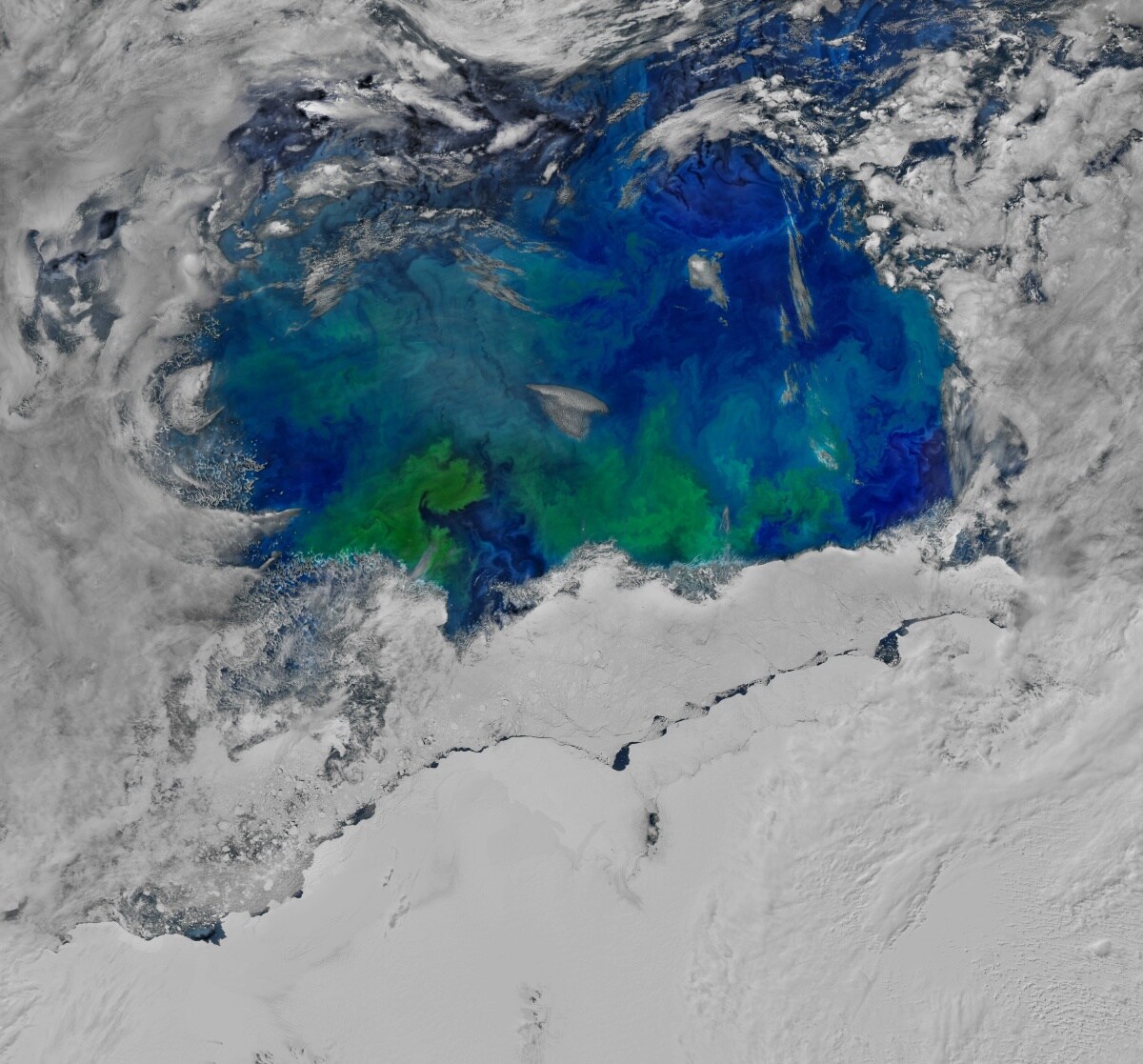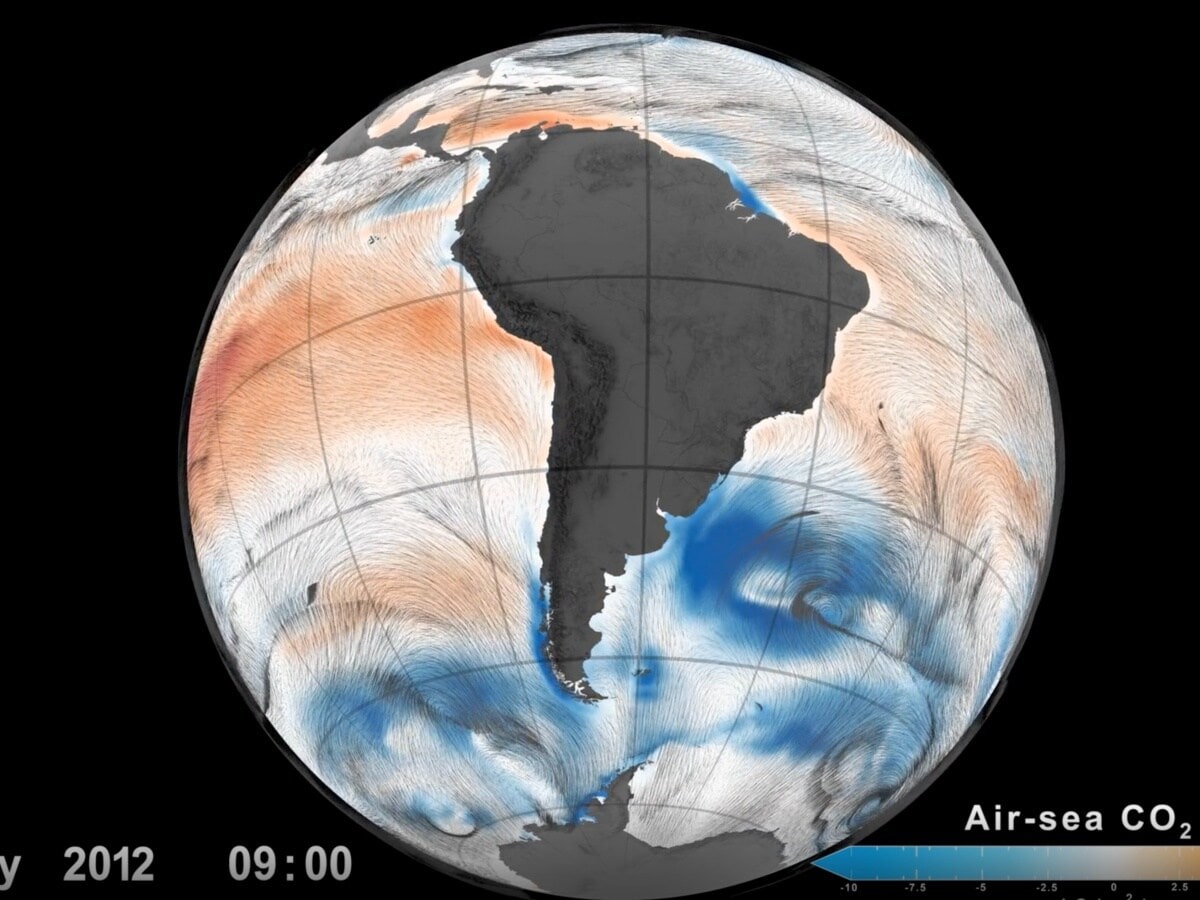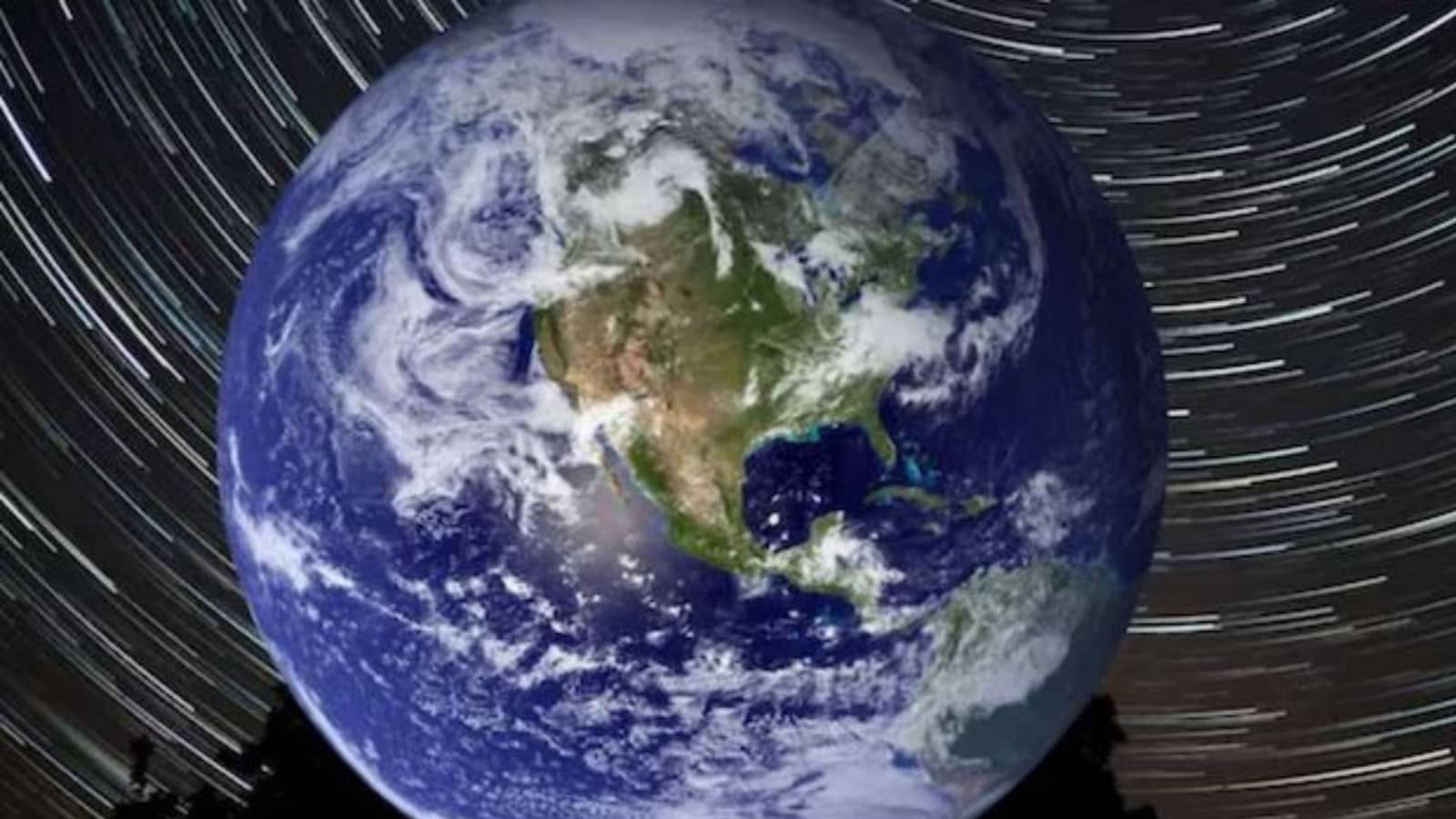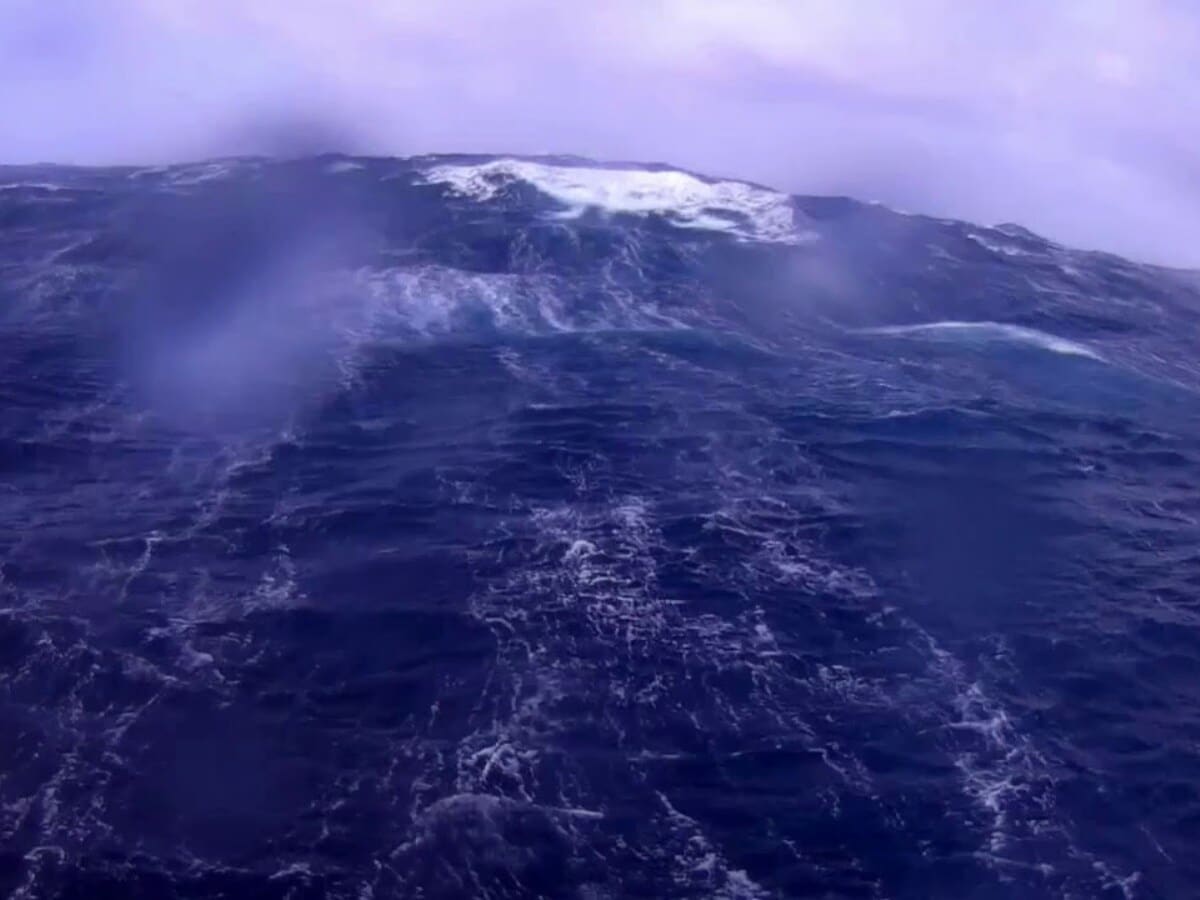ARTICLE AD BOX
Last Updated:October 30, 2025, 11:54 IST
Scientists have uncovered a massive ball of trapped heat beneath the Southern ocean, a ticking time bomb that could make the planet boil again!

The Southern Ocean or Antarctica has been silently guarding Earth for a century, absorbing heat and carbon produced by human activity, acting like a deep, cold vault, providing the planet with a crucial buffer. As a result, the effects of melting ice, storms, and extreme heatwaves have been less severe. But this guardian may soon turn into a threat.

Scientists now warn that this delicate balance cannot last forever. Even if fossil fuel use declines and the world achieves Net Zero, the Southern Ocean may one day release the vast stores of heat it has trapped, rather like a human belch, sending a surge of warmth back into the atmosphere. Such a release could cause temperatures to rise sharply once again, a fear that may linger for decades, if not centuries. In other words, even after the planet begins its recovery, relief may be slow to arrive.

German researchers have developed a climate model incorporating variables such as air temperature, ocean depth, sea ice, rainfall, humidity, and vegetation. Their scenario assumes that humanity continues polluting for another seventy years, doubling the carbon levels, until a turning point is reached when fossil fuels become scarce and temperatures begin to drop. However, the Earth’s story is far more complex.

The atmosphere responds quickly to change, but the deep ocean moves at a slower pace. Heat travels downward from the surface, and ocean currents, particularly in the Southern Ocean, have shifted. Previously, cold water from the depths would rise, but now heat is being pushed down instead. Thinning ice and increased sunlight penetration have created a vast heat reservoir within the ocean. Human activity has raised global temperatures, and the ocean has quietly locked much of that heat away.

According to the model, once the Earth begins to cool, this stored heat will start to escape. Scientists have dubbed this the 'Burp Phase', a moment when the ocean releases centuries of accumulated warmth all at once. This could trigger another period of rapid global heating, potentially as damaging as the Industrial Age itself, lasting well over a hundred years.

This phenomenon will not affect all regions equally. The Southern Hemisphere will bear the brunt of the impact, with countries already vulnerable to drought, food insecurity, and cyclones facing heightened risks. If temperatures rise again, these challenges could intensify dramatically. The Global South may once more find itself on the front line of the climate crisis.

For years, the general assumption has been that less carbon means a cooler planet. Yet if the oceans act as spoilers, the timeline for recovery could be extended. This underscores the ocean’s central role in climate regulation and reminds us that Net Zero is not a quick fix but a long-term process, its results visible only decades later.

The Southern Ocean has long shielded Earth from the full force of climate change. But now, that same ocean may undo much of humanity’s progress by releasing its stored heat. The real battle for the planet’s future lies beneath the waves. The coming chapters of this climate story will be even more complex, and saving the Earth will require more than cutting emissions, it will demand a deeper understanding of our oceans and foresight into their shifting behaviour.
News Photogallery explainers Thermal Time Bomb! Scientists Discover Massive Fireball Hidden Beneath The Ocean

 2 hours ago
4
2 hours ago
4







 English (US) ·
English (US) ·